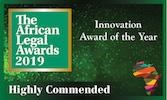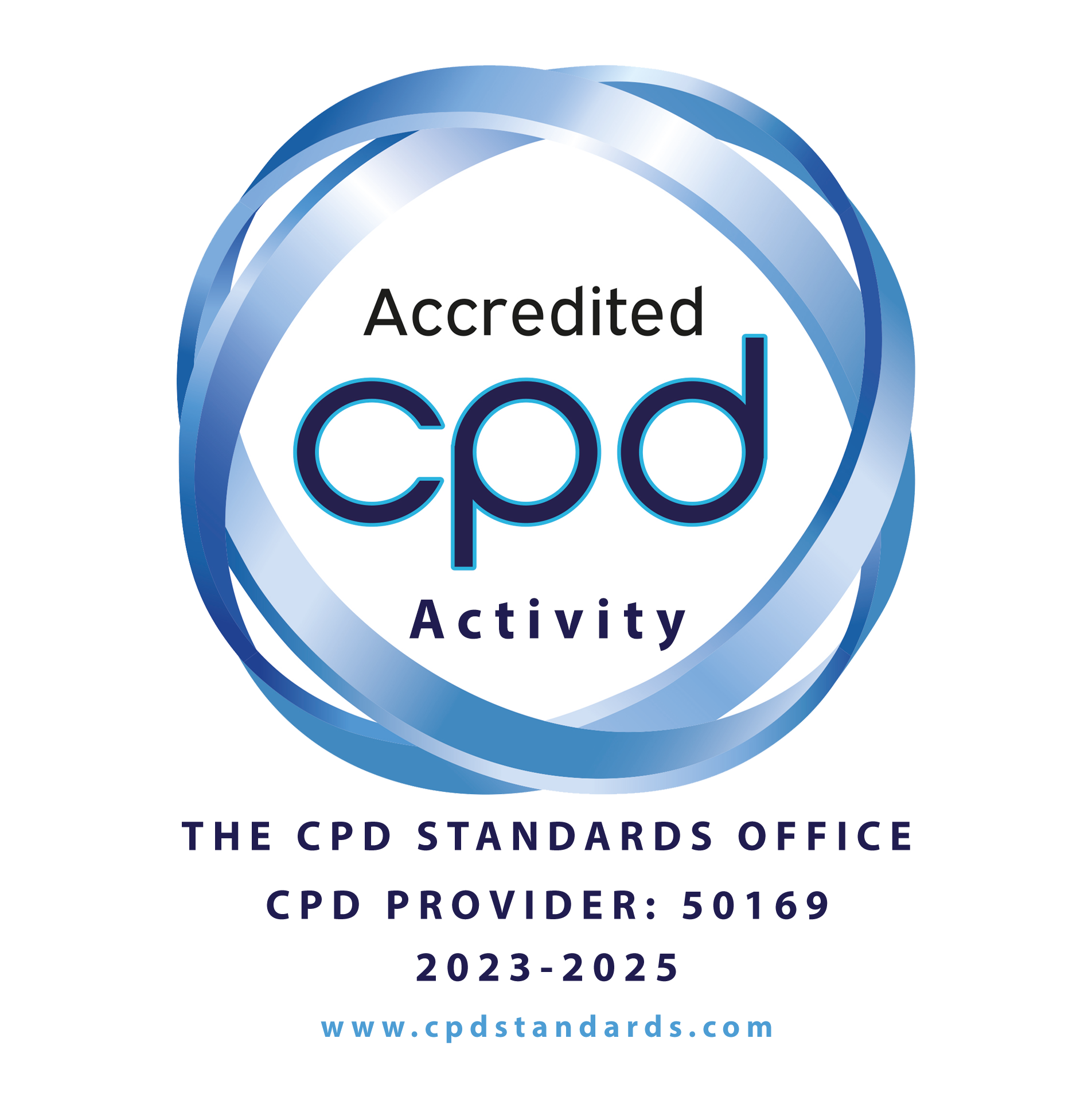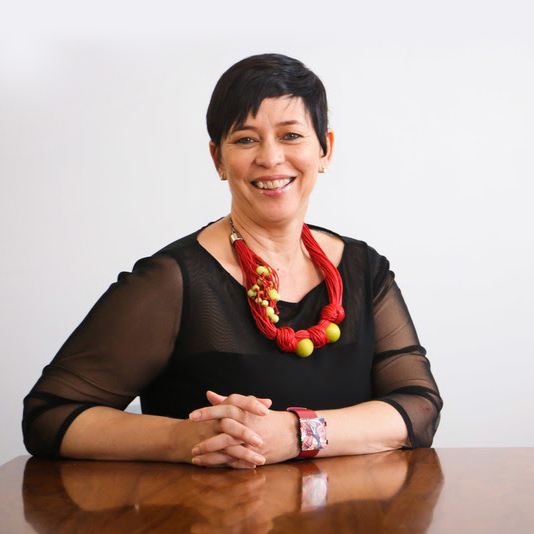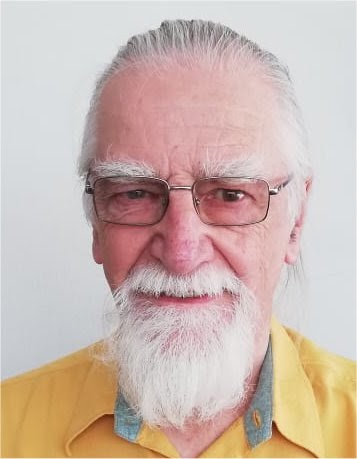About This Course
Why, you may ask, is a course on sustainability and stakeholder engagement important to you as an African lawyer? And better still, how will it assist you in advising your clients?
Stakeholder engagement is a process by which an organisation involves people who may be affected by, or can influence, the decisions it makes or their implementation. Stakeholder management is essential to sustainable business because it helps organisations proactively consider the needs and desires of anyone who has a stake in their organisation, fostering connections, trust, confidence, and buy-in for your organisation’s key initiatives. Yet, in Africa, where many countries have weak environmental regulatory regimes and institutional arrangements, a one-size-fits-all approach to stakeholder engagement is commonplace.
Read this short Africa Legal Article about the growing importance of ESG reporting in Africa.
By registering and completing this course with its Pan-African emphasis, You will learn how effective stakeholder participation can create intrinsic value for businesses and communities alike.
You will learn:
- How to explore principles, standards, guidelines, and methodologies to evaluate your company or client's stakeholder engagement strategies;
- By examining examples of excellence and controversy of stakeholder engagement from around the world, identify both opportunities and obstacles within your organisation and those of your clients;
- What the key elements of meaningful stakeholder engagement are;
- The benefits, challenges and opportunities of a more sustainable approach to stakeholder engagement;
- To ascertain which stakeholders to engage with and when, and determine an appropriate stakeholder engagement plan;
- How to build trust with all stakeholders, incorporating public values and knowledge into resource planning and project management;
- How to convincingly argue for your client to shift from regulatory-driven compliance to proactive, innovative multi-stakeholder collaboration;
- How to critically evaluate which international trends and practices to incorporate into your organisation’s culture, policies and operational systems.
With the input from global experts, this course taught by leading environmental lawyer, Jennifer Kamerman, can be completed anywhere, at any time. Although designed for lawyers, it is perfect for students, lawyers, business owners, and those looking to work in sustainability-focused roles.
Course features
- Access the course as and when suits you on mobile, tablet or desktop.
- 3-4 hours' worth of learning with resources for additional engagement - no time-consuming study for a busy lawyer!
- This course is scenario and case led. You will learn by example.
- Not enough data? Turn off the video and download or read the transcript.
- Not only will you receive a certificate from UCT when completing the course, but you will also receive 4 CPD points from the Continued Professional Development Standards Office.
Earn a certificate from the University of Cape Town
This is a rare opportunity for you to earn an official certificate from UCT Law@work and learn practical real-world skills that you can apply as soon as you finish. Your certificate will be issued in your legal name and couriered to you at no extra cost.

About UCT Law@work
This University of Cape Town Law@work online short course ’Sustainability and Stakeholder Engagement’ is delivered in collaboration with Africa Legal.
Leading the way in continuing legal education since 1999, UCT Law@work presents a range of seminars and courses dealing with various aspects of the law in the fields of labour, commercial, private and public law, amongst others.

|
Law@work and Africa Legal are working together to increase access to affordable online, practical legal courses across Africa. |

|
This course is certified by the United Kingdom CPD Standards Office, and may be applicable to individuals who are members of, or are associated with, professional bodies. The course carries 4 points. |

Your course instructor
Jennifer Kamerman
Environmental Lawyer
Jennifer Kamerman is an environmental lawyer who holds an LLM in Environmental Law from the University of Cape Town.
After graduating with an LLB, Jennifer joined the retail industry for 17 years, gaining broad-based experience in commercial law, business organisation, leadership, management and governance, at a senior level. Jennifer left the corporate world to formally pursue her commitment to environmental justice, advocacy and sustainable development.
Currently, Jennifer is self-employed and provides legal expertise and strategic direction to communities seeking to effectively address threats to their environment. In addition, Jennifer coaches executives in shifting their thinking and re-framing their approach regarding corporate environmental governance. Jennifer is especially skilled in assisting companies to optimise their stakeholder engagement strategies and processes. Further, Jennifer expresses her passion for on-going education by teaching professional skills development courses in various aspects of environmental law.
Jennifer is an internationally accredited mediator who is experienced in facilitating long-term solution-building in multi-stakeholder environmental disputes. Jennifer’s over-riding goal is to contribute to mutually beneficial conflict resolution that is constructive, respectful, creative and unbiased.
Extramurally, Jennifer is actively involved in several environmental justice, social transformation and civic initiatives. Jennifer enjoys spending time in wilderness spaces, hiking, practising yoga and tending to her edible garden. Her research interests include environmental and social governance, politics and government, ecology and natural law, earth sciences, sustainable development, economics and trade, philosophy and ethics.
Jennifer lives in the Riebeek Valley, a picturesque wine and olive producing region, in close proximity to Cape Town, South Africa.

Guest contributor
Professor Loretta Feris
Partner, Deputy Vice-Chancellor: Research and Internationalisation, University of Cape Town
Loretta Feris was until recently Professor of Law in the Institute of Marine and Environmental Law at the University of Cape Town (UCT) where she taught natural resources law, pollution law and international environmental law. From January 2017 to July 2021 she was Deputy Vice-Chancellor (Transformation) at UCT. She holds the degrees BA (law), LLB and LLD from the University of Stellenbosch in South Africa and LLM from Georgetown University in the USA.
Prof Feris is an National Research Foundation rated researcher and has published widely in the area of environmental law, including environmental rights, liability for environmental damage and compliance and enforcement of environmental law. She is a board member of Biowatch and Natural Justice and has until 2013 served on the board of the South African Maritime Safety Authority. She is a Law Commissioner of the World Conservation Union (IUCN) and a member of the IUCN Academy of Environmental Law where she served on the teaching and capacity building committee for three years.

Guest contributor
Professor Andy Bytheway (PhD)
Retired Professor of Information Management
Professor Andy Bytheway has worked in the information systems and services industry and as a senior academic. As a consultant in the United Kingdom he worked extensively for the British Government, and for European business and industry. Then, as an academic, he undertook the first major business-funded research project into Electronic Data Interchange at the Cranfield School of Management in the UK, delivering new management guidelines for electronic commerce. In South Africa, he led a new Department of Information Systems at the University of the Western Cape and assisted the Cape Peninsula University of Technology in the initiation of new multi-disciplinary research focused on the Information Society. He has consulted here with the City of Cape Town, Portnet, the Government of the Western Cape, and others.
Andy is now retired, but he remains active. He published his fourth book in 2014 (“Investing in Information”, published by Springer, Geneva). In 2016 he completed a major research project concerning the management of information and information systems in higher education in the Western Cape. Most recently, he has become involved in the management of sectional title schemes in Cape Town, and has developed cloud-based support systems for managing agents and trustees.
Frequently Asked Questions:
What web browser should I use?
The Open edX platform works best with current versions of Chrome, Firefox, Safari, or with Internet Explorer version 9 and above.
See our list of supported browsers for the most up-to-date information.
Who should take this course?
This course is aimed at junior lawyers, law students, business owners and risk and compliance professionals in Africa.
How long will it take me to complete the course?
Once you are enrolled in the course, you can work through the content at your own pace. Feel free to access any part of the content at any time.
The course should take you about two hours, not including optional activities, discussions and extra reading materials.
How do I access the course?
You need to purchase a seat on the course. To do this please sign in to Africa Legal. If you don’t yet have an account with Africa Legal follow the steps to sign up and then press the enrol button.
By signing up, you agree to our Terms of Use and Privacy Policy.
Is your employer paying for the course?
Get in touch with our corporate team by emailing sales@africa-legal.com







